OUR COMMITTMENT TO SUSTAINABILITY
Indeed, doing business involves economic, social and environmental responsibilities, which have an impact on employees, their family members and the entire social fabric in which the company is grafted. At Marsilli we have always been aware of this and therefore have always carefully considered the influence of business choices.
This is where our project starts: to make our goals and achievements explicit by committing ourselves to the “Sustainable Development Goals” defined in the United Nations 2030 Agenda.
Because defending our planet is the duty of all of us.

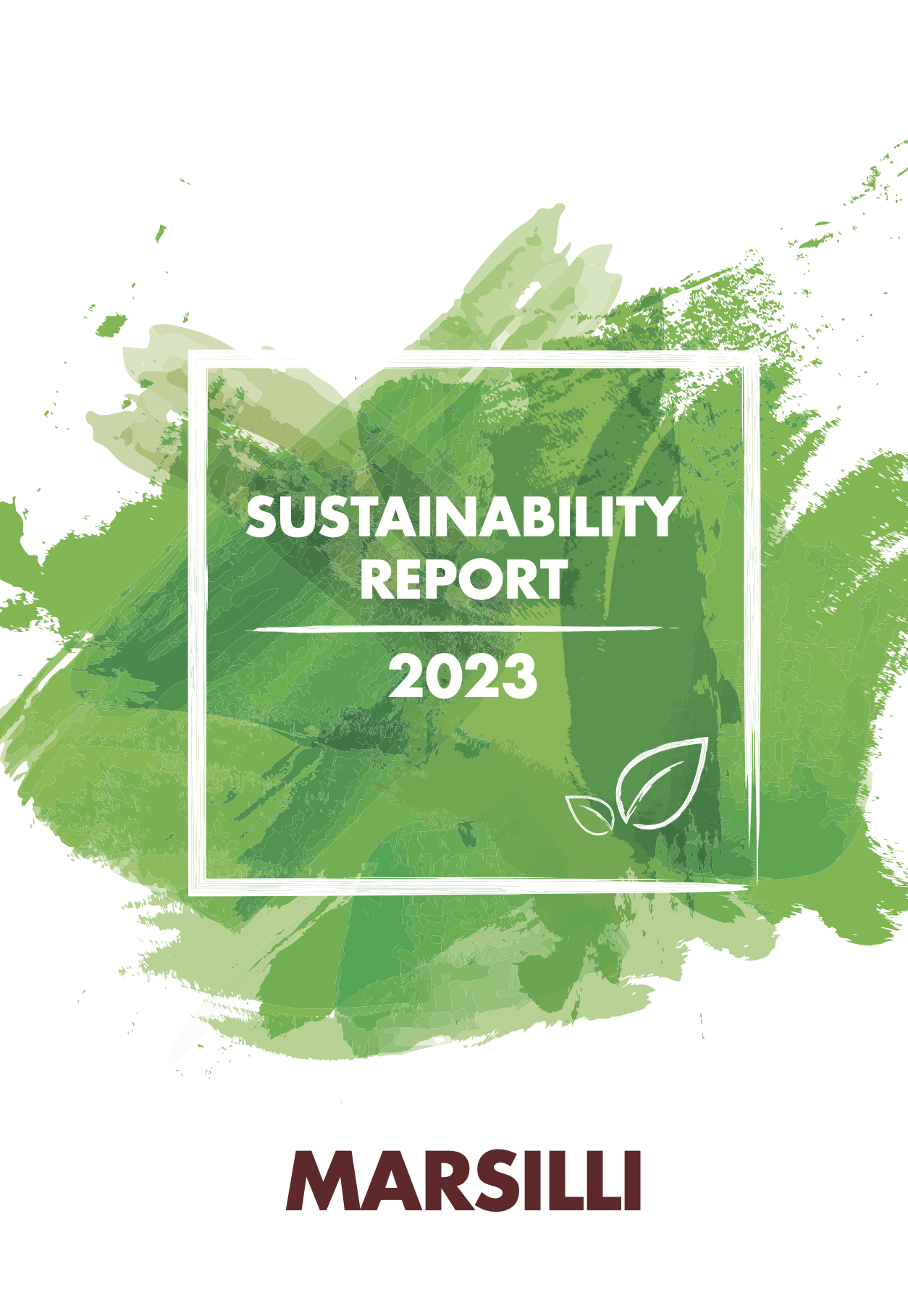

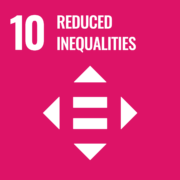
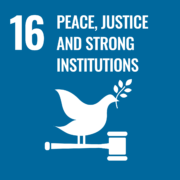
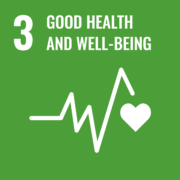
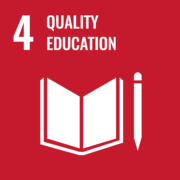
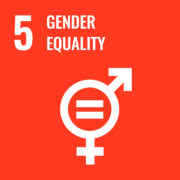
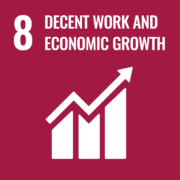
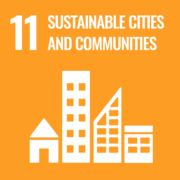
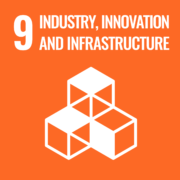
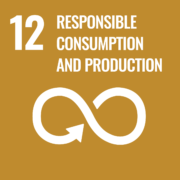

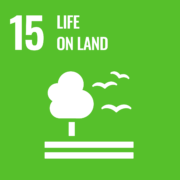
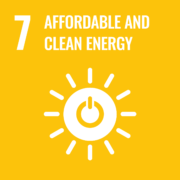
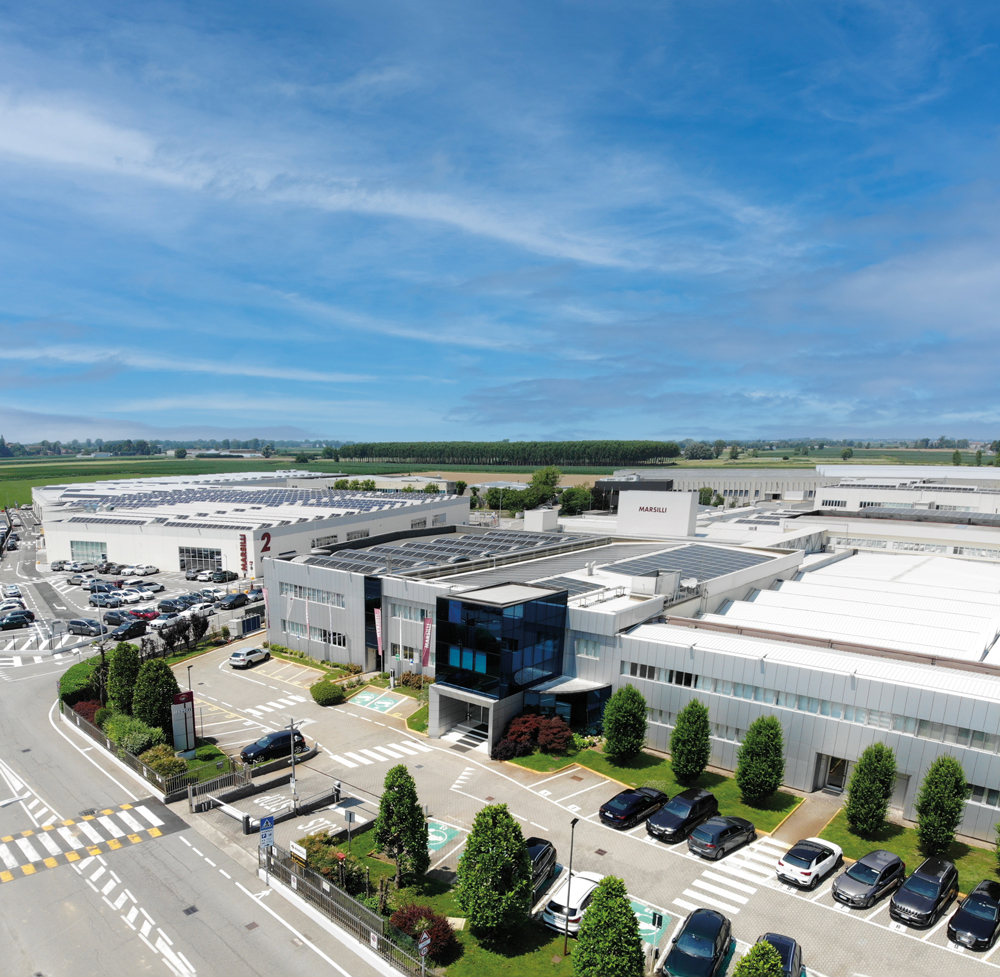
 Marsilli actively participates in the Carbon Disclosure Project (CDP), a globally recognized program dedicated to assessing and reporting on environmental performance. Renowned for its rigorous, independent evaluations, CDP helps organizations manage their environmental impact, especially in areas such as climate change, water security, and deforestation.
Marsilli actively participates in the Carbon Disclosure Project (CDP), a globally recognized program dedicated to assessing and reporting on environmental performance. Renowned for its rigorous, independent evaluations, CDP helps organizations manage their environmental impact, especially in areas such as climate change, water security, and deforestation.